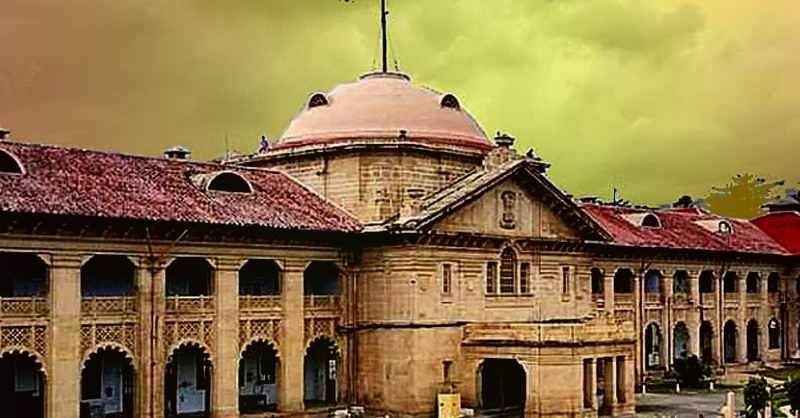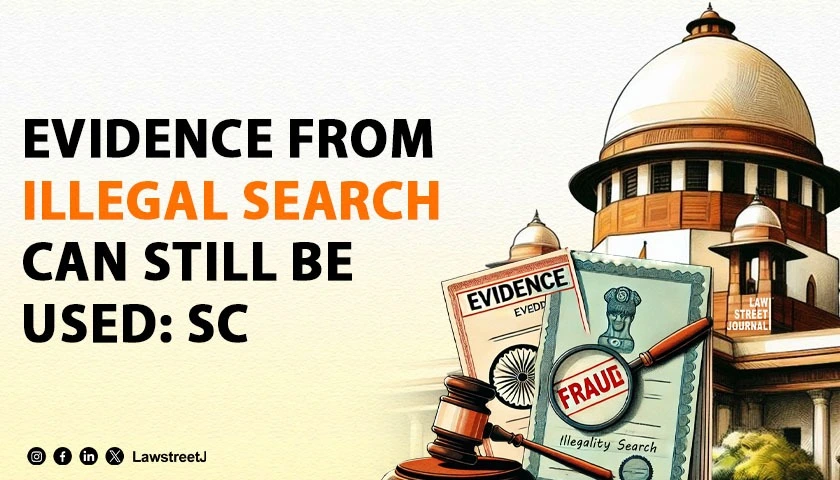Tripti Rani, the Pramukh of the Kotwali Kshetra Panchayat, Bijnor was recently on the receiving end of a no-confidence motion according to the Uttar Pradesh Kshetra Panchayat & Zila Panchayat Act, 1961. This no-confidence motion was according to Section 15 of the Act on August 21st, 2020.
Section 15 of the Act reads, A motion expressing want of confidence in the Pramukh of a Kshetra Panchayat may be made and proceeded with in accordance with the procedure laid down in the following sub-sections.
In furtherance of the passed motion, a notice dated August 21st, 2020 was issued by the District Magistrate of Bijnor. The notice was directed for the convening of a meeting to consider the no-confidence motion.
The counsel for the petitioner contended that since there are more than 150 members of the Panchayat, they could not meet for a meeting due to Guidelines for Phased Re-opening (Unlock-4) issued by the Ministry of Home Affairs, Government of India on 29.08.2020. Further, such a meeting would violate the Disaster Management Act, 2005.
In response, the Court stated that the 1961 Act was set up to provide for self-governance. According to the act, Gaon Sabhas had the authority of local self-governance and have been conferred with the right to manage their own affairs. This also includes the performance of governmental function through a democratic process. They were conferred with a right to elect a Pradhan or remove such Pradhan by a no-confidence motion. In other words, Election and Removal by the motion of no-confidence are two important aspects in a democratic set-up for which the Act of 1961 has made ample provisions
The court further stated, Democracy is a system of government in which a countrys political leaders are chosen by the people in a regular, free, and fair election. In a democracy, people have a choice between different candidates and parties who want the power to govern. The people are sovereign. They are the highest authority and government is based on the will of the people. Elected representatives at the national and local levels must listen to the people and be responsive to their needs. Thus, the voters have the right to elect their representatives and also criticize and replace them if they do not perform well
With respect to the meeting, the Court has directed the District magistrate of Bijnor to conduct the meeting after considering all the applicable protocols. The prime importance was that social and physical distancing was adhered to according to the rules stipulated by the government.
The Court has given some specific directions for the meeting. They are:
- The sitting arrangement is to be made in such a way that it should accord to all the set guidelines and norms
- The District Magistrate of Bijnor was also accorded the option to explore different seating options such as seating the members in an open space, in two-three sperate rooms, or a big hall.
- The meeting could be virtual as well
- The highest authority to conduct the meeting in the safest possible way was accorded to the District Magistrate or his representative
The court highlighted a very important point by stating that it is important to come up with detailed modalities during these unprecedented times.








